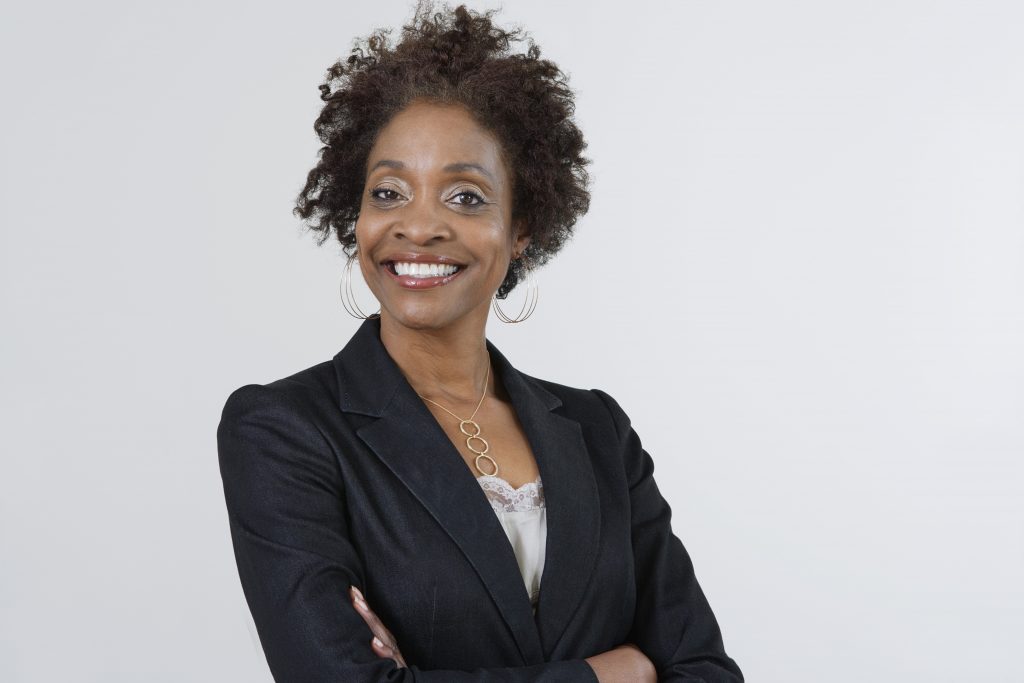
Social Worker spotlight interviews three Social Workers who provide insight about education and career paths in Social Work. Social work is an incredibly diverse occupation, but a rewarding one. The field is wide open: the National Association of Social Workers breaks down the profession into two distinct categories, direct service and clinical or “licensed” social worker. Within these two areas of practice, there are positions that target specific populations. For example, beginning social workers might focus their training on working with the elderly (gerontological social workers), while others may specialize in child welfare or in drug and alcohol addictions.
As a social worker, your clients will likely be either individuals, families, or small groups, helping them deal with problems like poverty, abuse, addiction, and mental illness through counseling, connecting clients with service providers, and empowering clients to meet their own needs.
What are the General Requirements for a Career in Social Work?
Education: The minimum educational requirement for starting a career is usually a Bachelor of Social Work degree. Entry-level positions may also accept candidates with a bachelor’s degree in psychology, sociology, or other related fields.
Undergraduate Social Work Education: States require that social workers hold a Bachelor of Social Work (BSW) from a school approved by the Council on Social Work Education (CSWE).
Graduate Social Work Education: States often require that social workers obtain a Master’s in Social Work or a relevant doctoral degree before applying for advanced social work licensure.
Salaries and job prospects: According to the latest figures posted by BLS, the average salary of a social worker is $51,760. The pay range, according to the same site, is about $33,000 to $85,000. The job growth outlook as projected by the US Bureau of Labor Statistics is “faster than average.” And the BLS projects more than 78,000 jobs every year will be created until 2030, with an overall worker increase of 12%.
Social Worker Interviews
We asked three social workers to talk about the relevance of their educational choices and to share some of their on-the-job experiences. Their responses about life as a social worker are below.
Interview #1

Age: 43
Gender: Female
Location: Rural Upstate New York County, Public Health, Upstate N.Y.
Job Title: Service coordinator for children, 0-3 years of age
Can you tell us a little bit about your educational history?
I earned a Bachelor of Science degree with a major in human services, and a concentration in disability studies. While in the human services program, I considered switching to teaching midway because of boredom. As I got into my junior year, things in the major program began to get more interesting so I stayed put.
What is your current position at work?
I work with families with children, from birth to 3 years of age. We provide family-based and (centered) services. Much of the work has to do with service coordination (for early intervention), which comprises overseeing all therapies that a child has. It also entails finding providers to offer the services and being able to find new providers when original ones move on or need to be discontinued.
The work I do requires a ton of paperwork and constant note-taking. It involves being able to work with many different agency personnel throughout a child’s time within the program. And although it’s a voluntary program, a service coordinator really needs to be able to “sell” it to a family.
Why did you choose this profession? Why did you get into social work?
I chose this work because I am drawn to situations that involve people who were experiencing inequality, especially financial. And I have a varied background with working with people with disabilities.
Do you feel like your education was a good fit for your personality?
In general, my education was a good fit for my personality. I graduated with a basic degree, with not much specialization. My current role at work is a pretty good fit for my personality in that I care about what I do, the people I work with, and the overall outcomes that families achieve within this program. The job has a purpose.
My education did not prepare me for this job at all. Maybe it did in that I knew all programs have a process to go through in order to get what you want out of it. I came prepared by holding many other jobs in the field of disability services and I just seemed to be able to get along well with families. There are exceptions, of course.
What are strengths in work and school that you’ve gained from your personality?
One of my strengths is I am very organized. If I wasn’t so well organized, I would have been asked to leave this job long ago. It is a program with constant deadlines. For example, you might have 2 days to act on a new referral, a 45 days limit to having therapy in place for a child, 30 days for a provider to start actual services, 6 and 12 month updates, referral to preschool by 2 years-8 months, and a transition plan for child by the day they are 3 years old.
It’s a lot of counting down from the start of a new referral. The job involves data collection and statistics. If I were not so tenacious, I would let the ball drop all the time and that would not work for this kind of job. I am in the position of having to hound providers, (some) parents and school districts to do what they are supposed to do, all the time.
What are weaknesses in work and school that you’ve felt were challenges you had to overcome in order to do successful social work?
Here are the weak points of my personality that present a challenge to me in this job: I am temperamental. I get impatient very easily, especially with other agency personnel that I have to work with, who do not care about the job as much as I do. I also take things too personally, in this job and in life.
Interview #2

Age: 26
Gender: Female
Location: New York
Job Title: Social worker at children/family services
Can you tell us a little bit about your educational history?
I have a bachelor’s degree in social work and am currently in school working on my master’s in social work. Besides that, I have had about three years of training for my current job.
What is your current position at work?
Preventive services caseworker in a specialized unit, specifically working with children who have been sexually abused.
Why did you choose this profession?
I find the dynamics of families very interesting. Working with law enforcement and other service providers for the better of the people we serve is rewarding. Children need people to support them against all odds.
Do you feel like your education was a good fit for your personality?
No question, yes. And I strive to learn more each day. The more education I have, the more knowledgeable and suited I am to help and support the families and children I work with.
Do you feel like your current role at work is a good fit for your personality?
My current position is incredibly challenging; it takes a lot of dedication and resilience to maintain this position for a long period of time. So the answer is, yes.
What are strengths in work and school that you’ve gained from your personality?
Being strength-based, sometimes, when I’m surrounded by a lot of negativity and systems that don’t always work well together it can be easy to succumb to that negativity. But I maintain and help others to see strength in each individual I work with.
Two of my other strengths are transparency and communication. Even when I have hard-hitting conversations, or have faced serious challenges and unsafe behavior, such as when I have to take families into court, I have those conversations very openly with the families. It can be a real challenge when they are angry and yelling at you, kicking you out of their house, but in the end, they will be thankful that you were able to do that.
What are weaknesses in work and school that you’ve felt were challenges you had to overcome in order to do successful social work?
One of the challenges I have is when there is a system failure. What I mean is, when things are running smoothly, there are a number of systems working well together judicial, law enforcement, mental health, social services, and other service providers. But too often they don’t work together for the better of a child because everyone has different views about what is best.
This can lead to a situation that fails a child and his or her family and puts barriers in place of their success. As a social worker, you do the best you can with what you’ve got and never stop trying. Also, sometimes individuals are their own worst enemies and that puts a barrier on service providers being able to help them.

Interview #3
Age: 62
Gender: Male
Location: Philadelphia, Pa.
Job Title: Intake caseworker
Can you tell us a little bit about your educational history?
I earned a Bachelor of Arts in English, with a minor in philosophy; 21 hours (of 30) towards a Master’s Degree in English literature. I also took a number of sociology and psychology courses.
What is your current position at work?
Intake Caseworker. This is a position in Child Protective Services that require the worker to respond to calls that come into the agency about children being abused or neglected.
Why did you choose this profession? Why did you get into social work?
I thought helping others was a worthwhile endeavor and that the more fortunate in society had an obligation to try to assist the less fortunate.
Do you feel like your education was a good fit for your personality?
It was. Studying works of someone like Shakespeare lent itself well to understanding the human condition. That was one of my personal interests.
Do you feel like your role at work was a good fit for your personality?
Yes. I would say my personality or interest in “people work” rather than seeking monetary success is a good match for this particular work. The job requires sensitivity, understanding, communication skills, investigative initiative, the ability to make decisions that seriously impact lives, and an open mind. It also requires being able to maintain some distance from becoming too entangled in every client’s problems as this is a sure way to be ineffective and to experience the so-called “burnout” that ends many a social work career.
What are strengths in work and school that you’ve gained from your personality?
As an introverted but feeling type personality, I am able to see past the immediate crises in people’s lives and possible ways to ease their current situations and movement to a more ideal life-path.
What are weaknesses in work and school that you’ve felt were challenges you had to overcome in order to do successful social work?
The workplace necessarily has many rules, guidelines, directives, and policies that sometimes clash with the immediate and often significant needs of the people it is trying to serve. The paperwork burden, despite technology advances and the constant requirement, to justify each thing done by a frontline worker (sometimes for political reasons) is also a distracting and never-ending challenge.
School presented more theory than hands-on which was not necessarily a weakness as one should learn from those who went before, but there is little as valuable as listening to an experienced worker who has the ability to communicate and teach from what they have personally learned in the field.
Related:

